As tax season approaches, you gather financial documents to file tax returns.
But what happens if you receive an audit notice from the Internal Revenue Service (IRS) and need receipts to support your claimed expenses?
It can be a nightmare scenario, and many taxpayers wonder what to do.
In this blog post, we’ll discuss the situations that may arise during an IRS audit and what steps you can take if you don’t have receipts to support your claimed expenses.
Understanding The Situation
An audit letter from the IRS notifies taxpayers that they are under investigation for possible tax fraud.
IRS office may request evidence to verify claims and ensure information accuracy, which can be a nerve-wracking experience for anyone.
However, if you receive an IRS audit notice and don’t have receipts supporting your claimed expenses, it’s not the end of the world. The IRS may still accept reasonable estimates and other documentation to support your claims.
Don’t face the IRS alone if you’re facing an audit or want to stay prepared for the future.
Hire a tax pro today to avoid a costly tax bill and even the possibility of going to tax court. Our team is here to guide you through the audit process and teach you how to claim expenses without receipts.
How the IRS Chooses Tax Returns for Audit
You’re not alone if you’ve ever wondered how the IRS selects tax returns for audit.
The process can seem mysterious and intimidating, but it’s essential to understand how it works.
According to the IRS, there are two primary methods for choosing returns for audit: random selection and related examination.

Random selection is precisely what it sounds like – the IRS chooses returns for audit at random, based on a statistical model that compares them to the “norms” for similar returns. These norms are developed from IRS audits of a random sample of returns.
On the other hand, related examination audits are chosen based on issues found with the tax returns or financial accounts of related taxpayers, such as business partners, whose returns have been selected for audit.
While the IRS won’t reveal exactly how it determines which self-employed returns to audit, several factors may raise red flags.
These include failing to report income included on Form 1099s, claiming suspiciously high deductions, misclassifying employees, and earning a high income.
IRS has three years from the due date of your income tax return or the date you filed it, whichever is later, to impose additional taxes. So even if a few years have passed since you filed your return, you may still need to provide receipts for the tax year.

Can I Report Expenses Without Receipts?
Missing receipts for business expenses can be challenging, but IRS requirements are flexible.
You can still claim expenses spent on running your business without receipts, but you cannot claim deductions on personal expenses.
In contrast, in the case of not having receipts, you can’t claim charitable contributions or entertainment expenses for business purposes.
Speak to tax professionals if you’re unsure what to do without receipts. They can help you understand the business expenses and deductions for tax filing.
>>>You may find interesting: Loan to Shareholder on Balance Sheet: How It Works
What Happens If You Get Audited and Don’t Have Receipts?
If you get audited by the IRS and don’t have receipts to support your claimed expenses, options are still available.
The Cohan Rule is a historical legal precedent that allows taxpayers to claim certain expenses without receipts or necessary documentation.
You can also ask vendors for receipts or review your calendar, bank account statements, and social media history for evidence supporting your claims.
However, it’s important to remember that the IRS requires credible and reasonable expenses to be claimed without receipts.

What Should I Do Next?
If you don’t have any documentation to support your claims during an IRS audit, consider requesting an audit reconsideration.
This process enables taxpayers to challenge tax return audit results and protects their rights, especially if they don’t owe the government additional taxes.
You can review the IRS tax audit report, send available documents to the IRS agent, and wait for a response.
If the commission requires further information to reconsider your case, you’ll receive a letter indicating it.
If revenue agents complete the review with the provided information, you’ll receive a letter with the following decisions: disallowed deductions, claimed deductions, or additional taxes owed.
It’s essential to consult a tax attorney or enrolled agent if you’re unsure about the audit reconsideration process.
Review The Cohan Rule
During an IRS audit, your first task is reviewing the Cohan Rule.
This rule allows you to claim certain business expenses without receipts or necessary documentation, but the allowable expenses must be credible and reasonable.
If you paid expenses in cash, you could defend your claims without receipts by appealing the initial ruling in court, just like Cohan did.
However, it’s crucial to remember that IRS auditors will not accept unsubstantiated or unverifiable expenses.

Ask Vendors For Receipts
If you don’t have receipts to support your claimed expenses during an IRS audit, consider asking vendors for copies of invoices and receipts.
Invoicing systems used by small and large businesses can help taxpayers claim tax deductions to their taxable income without receipts.
Contact past suppliers and business partners to retrieve documentation of your previous transactions or records and send them to IRS agents.
Some vendors may charge a fee for issuing new receipts by retrieving your missing or incomplete records, but it’s worth it to support your claims.
Check Calendar or Appointment Book
Consulting your business calendar or appointment book may help you recollect clues on business expenses with missing receipts.
You can find backup information about your services, clients, and travel in appointment books without receipts.
Checking your calendar appointments for client meetings can help you recall where you made business purchases. This information can support your claims and help you establish credibility with the IRS during the audit process.
Review Bank Account Statements
If you want accurate records of your business expenses without receipts, you should combine your bank statements and financial records.
You’ll find qualified expenses by reviewing your bank and credit card statements, as it contains payment records.
While records in your bank statements are not as detailed as receipts, they are evidence supporting the claims on income tax returns.
Do not ignore canceled checks; these documents prove your claims and aid the IRS decision.
Check Cell Phone Records and Social Media History
Your phone records and social media app history may help you establish the date of offered services or business expenses during an IRS audit.
You can find valuable information and evidence supporting your case on social media apps. Information on your social media and phone may help you retrace some business expenses, including travel, equipment purchase, development costs, etc.
However, ensuring that your information is accurate and credible is crucial, as the IRS will scrutinize it.
In Conclusion
An IRS audit can be stressful and overwhelming, especially if you don’t have receipts to support your claimed expenses.
However, several ways exist to establish credibility and support your claims without receipts.
You can invoke the Cohan rule, ask vendors for receipts, check your business calendar or appointment book, review your bank account statements, and comb your cell phone records and social media history.
It’s also crucial to consult a tax professional, such as a tax attorney or enrolled agent, if unsure about the audit process.


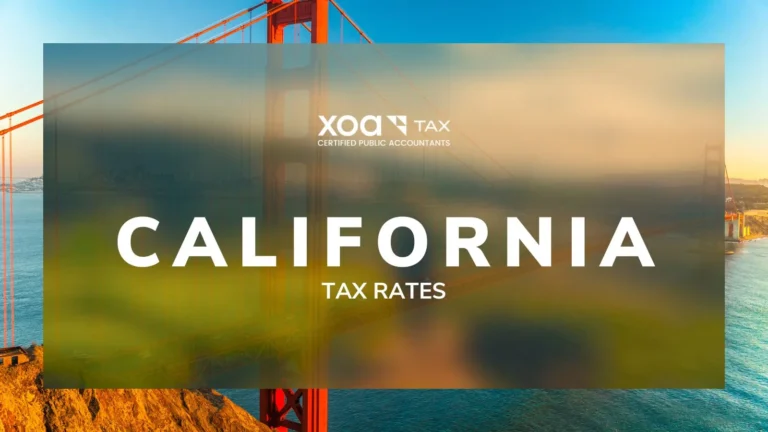

















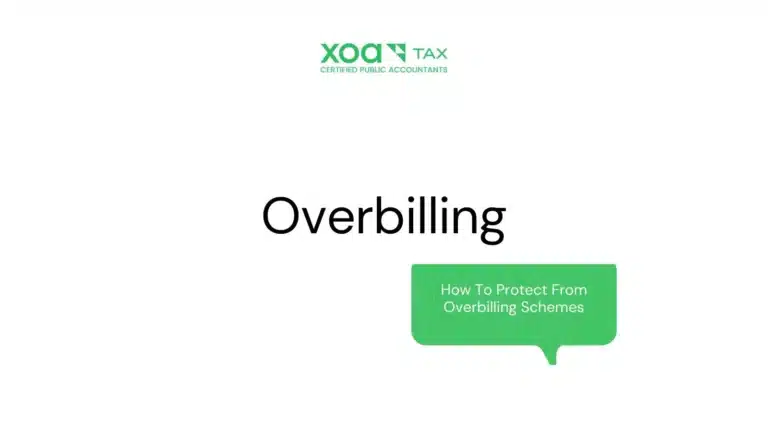
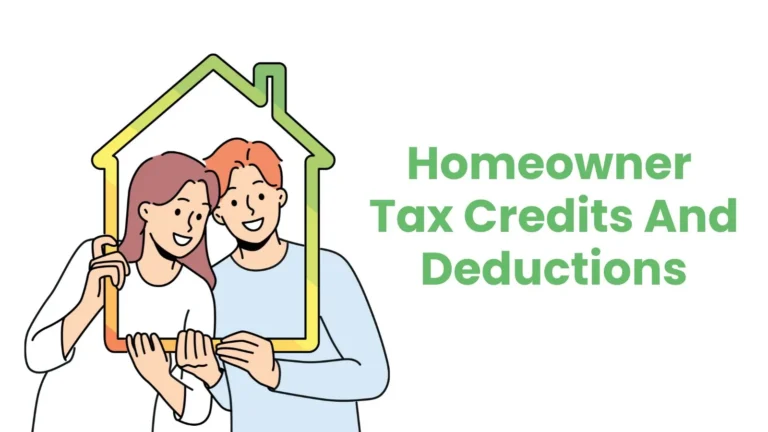


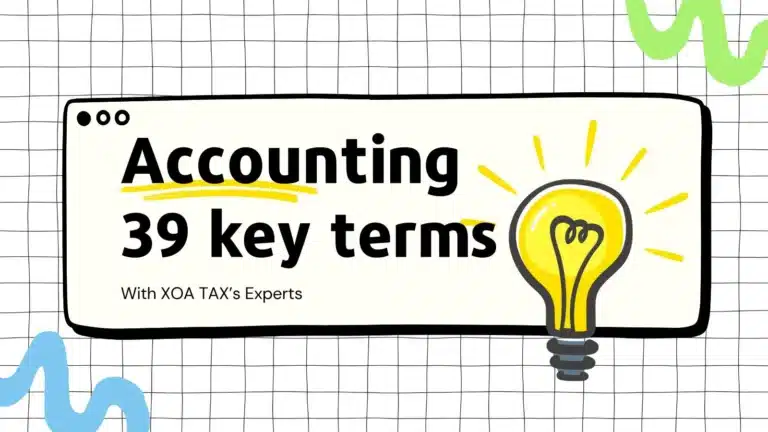
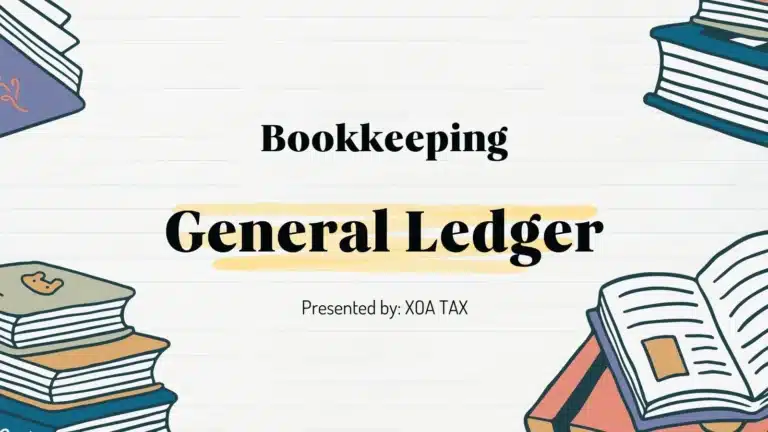

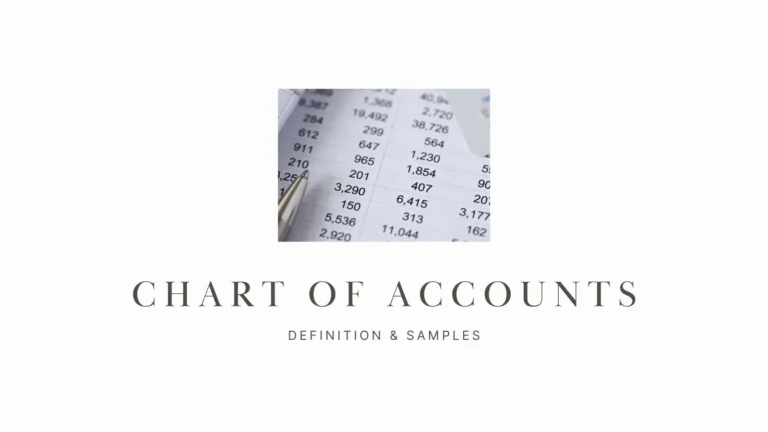
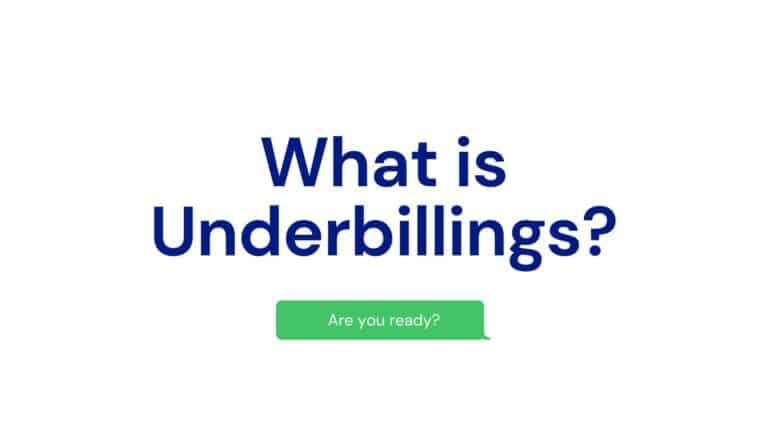







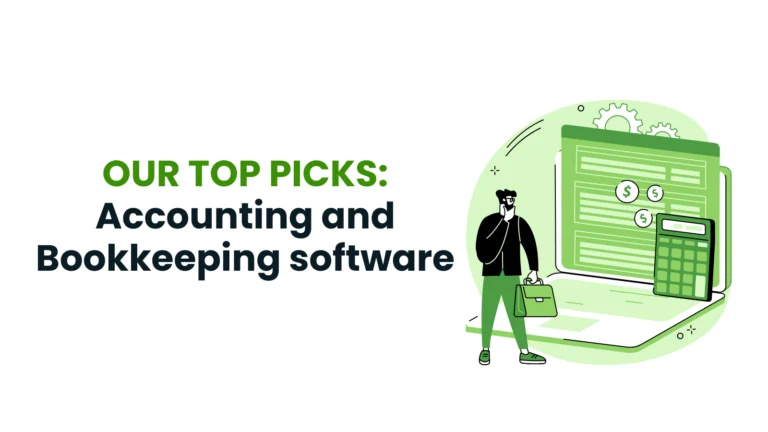
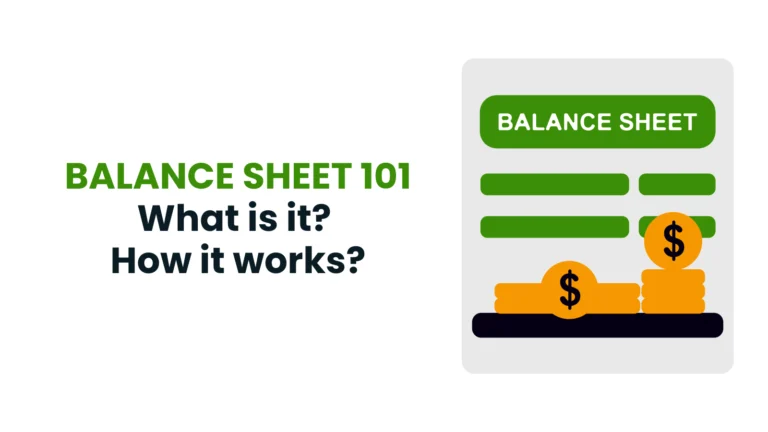
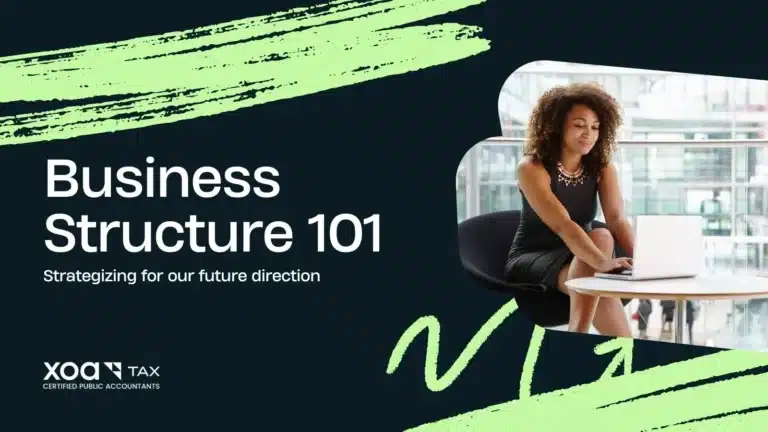
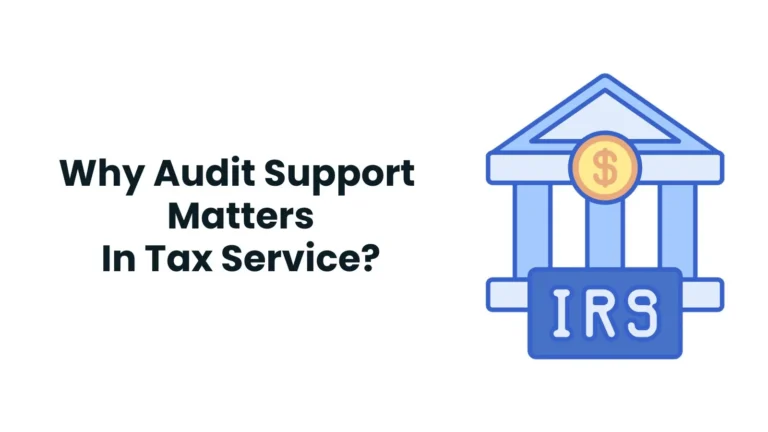

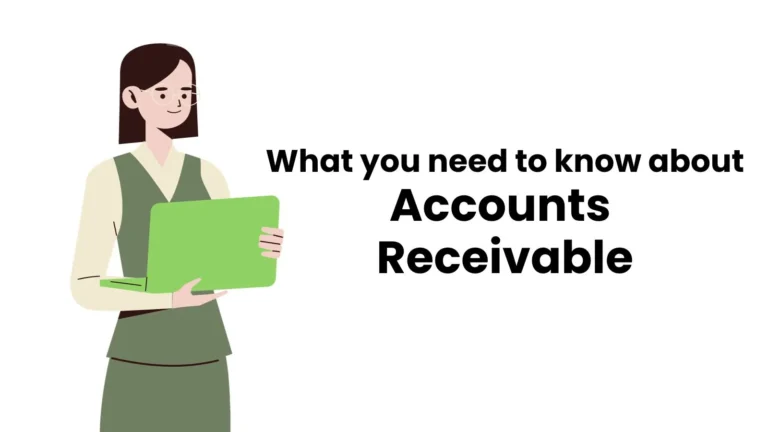


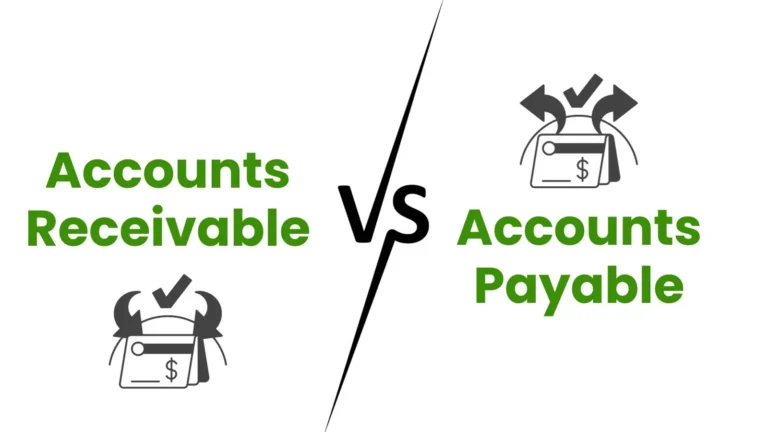
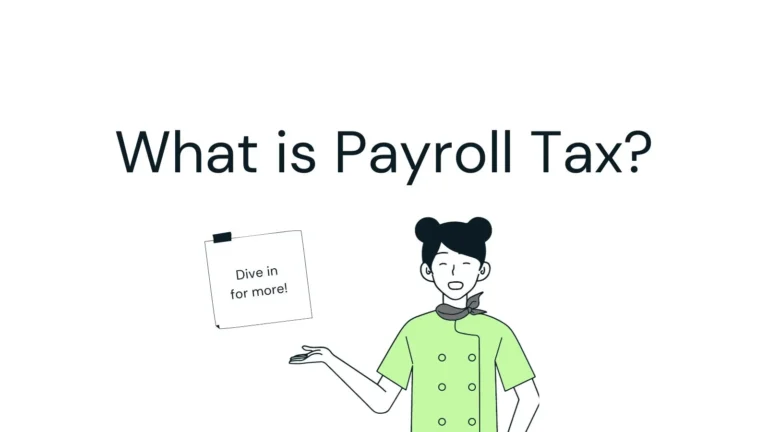
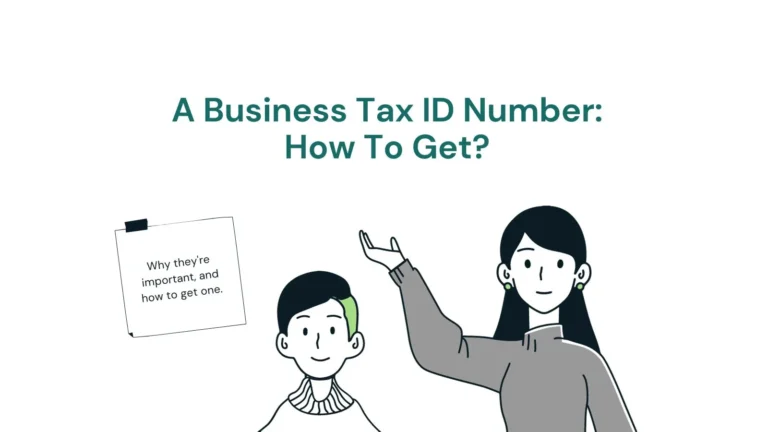

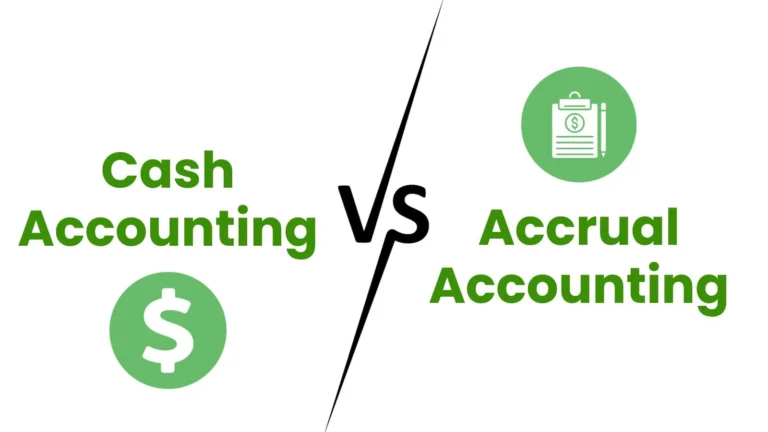
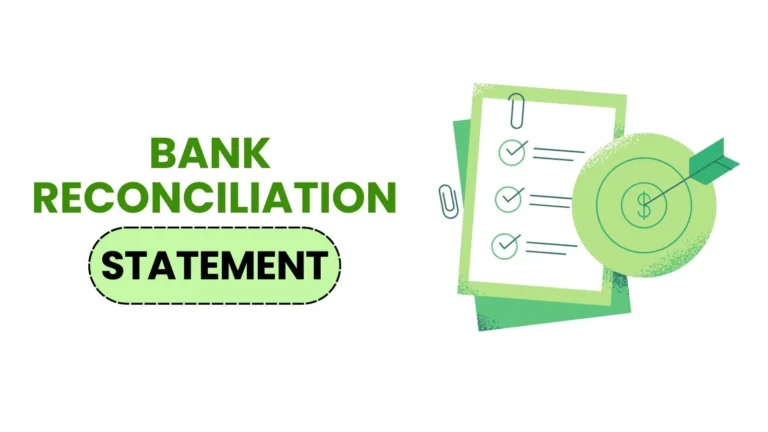
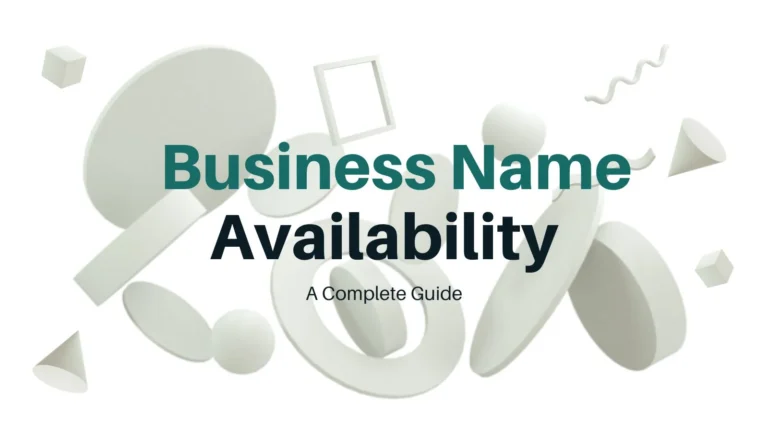
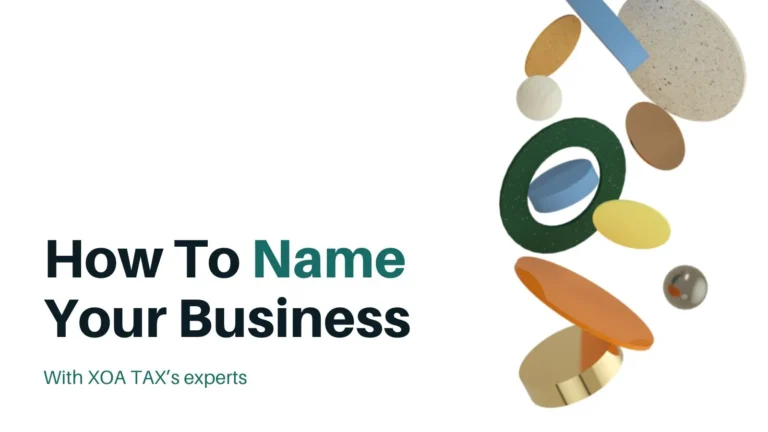

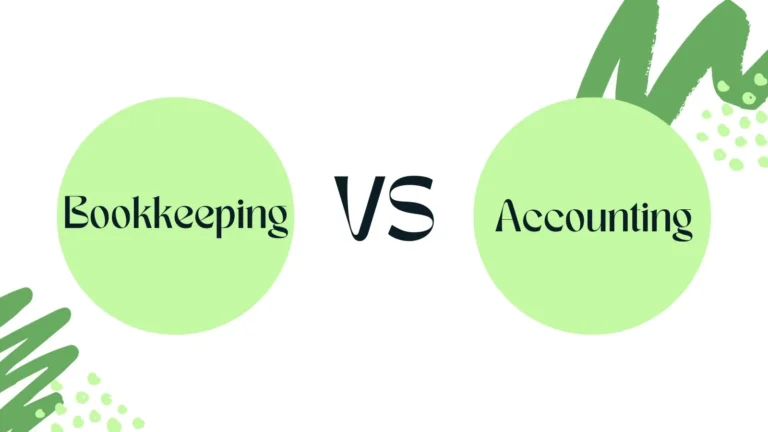

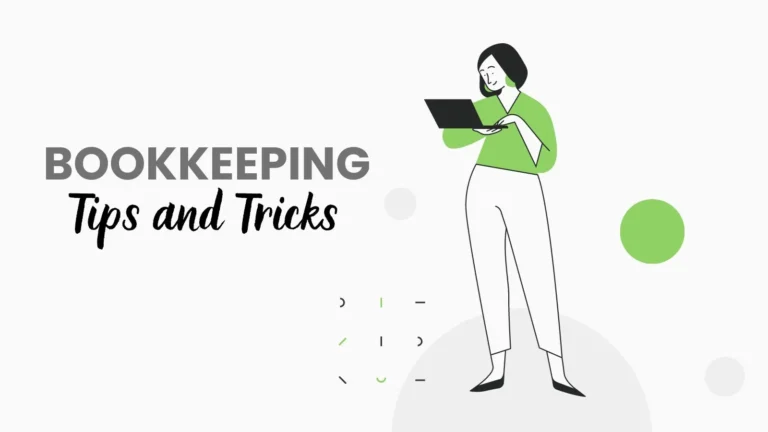

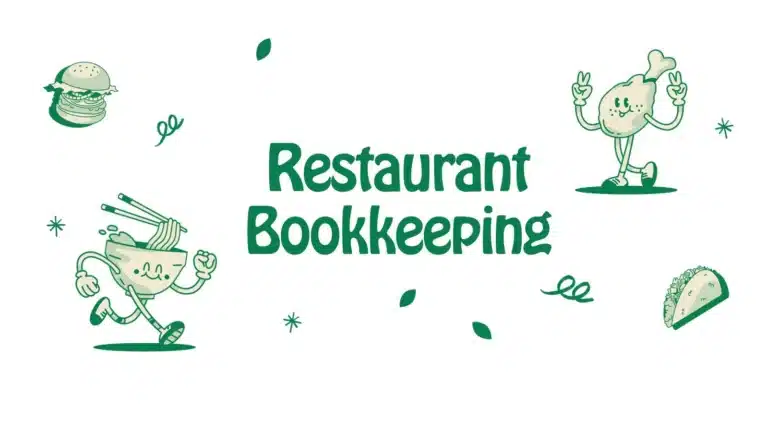
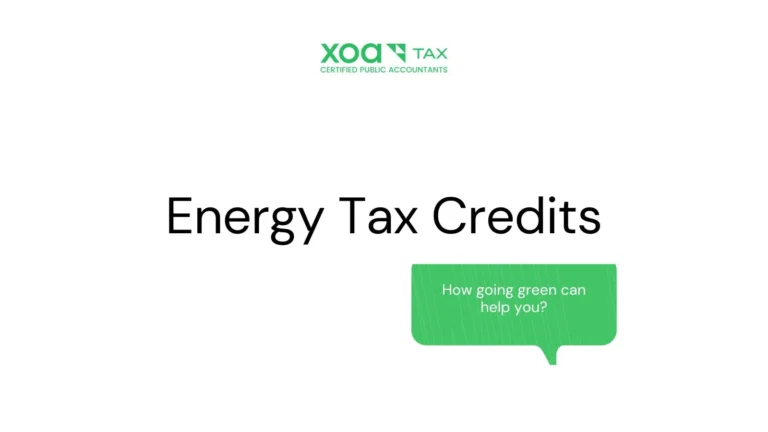

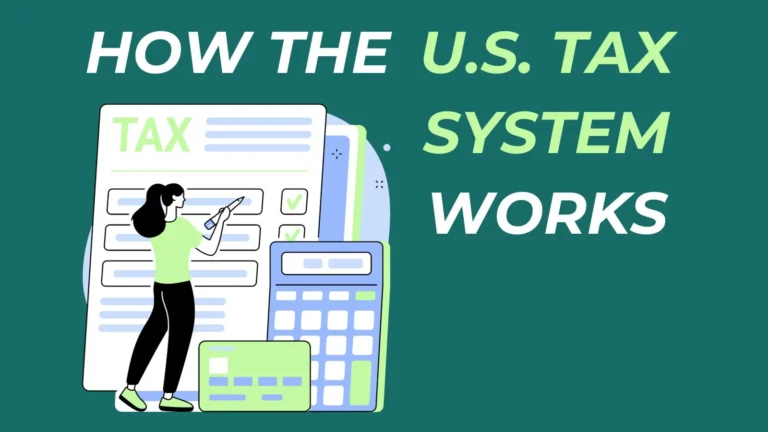
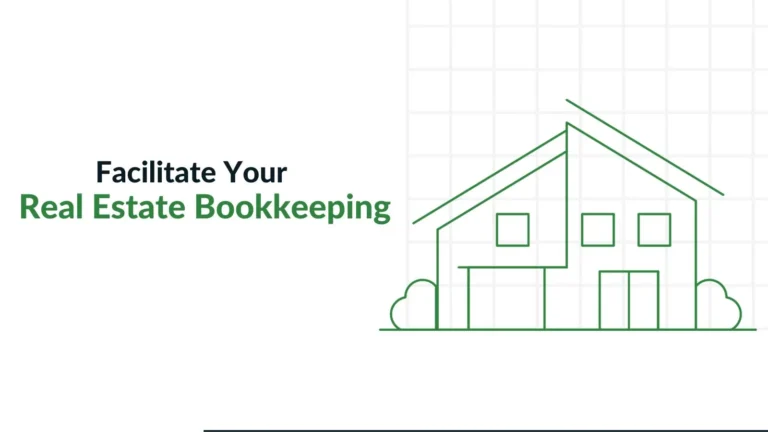
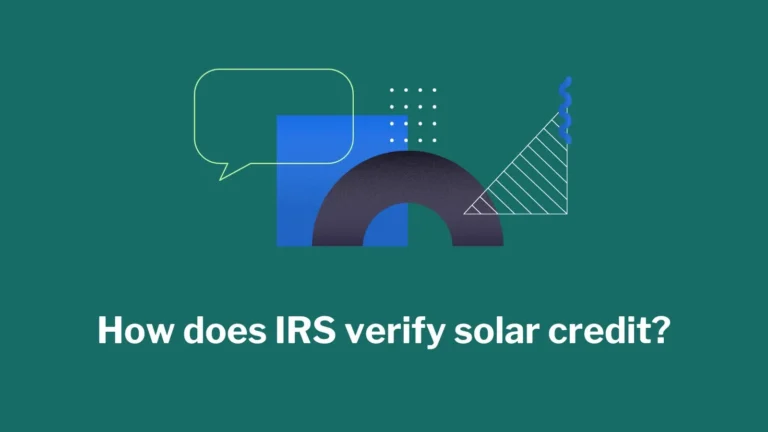
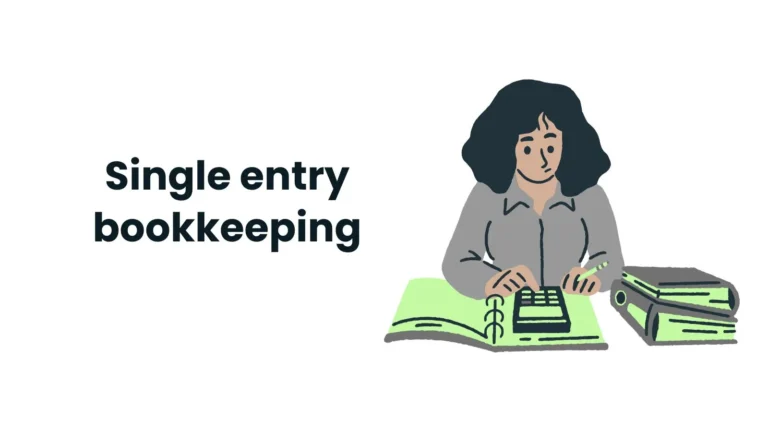
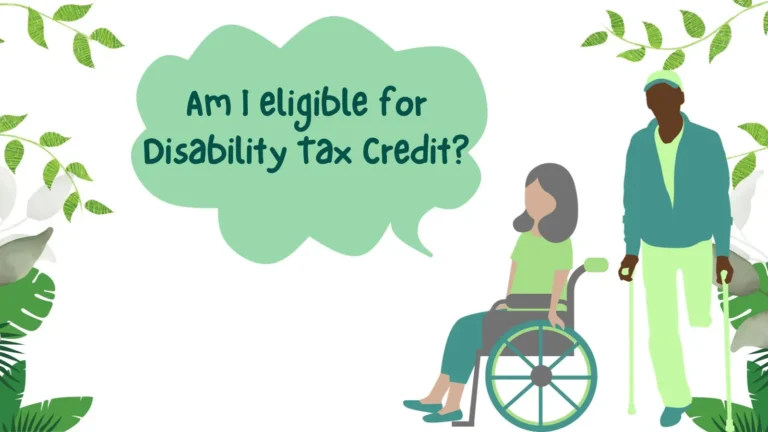



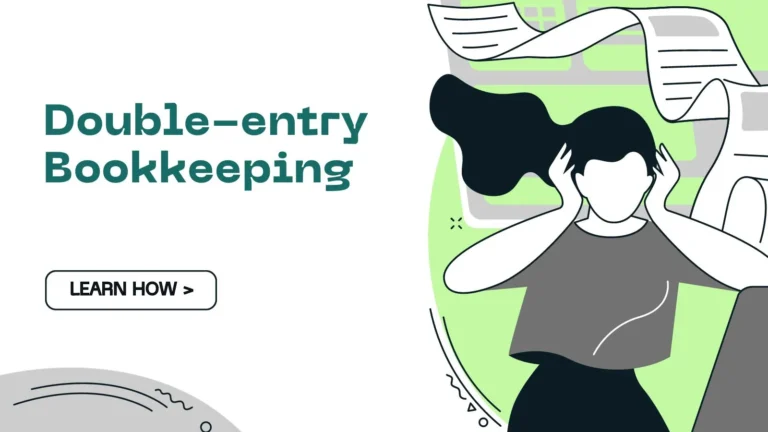
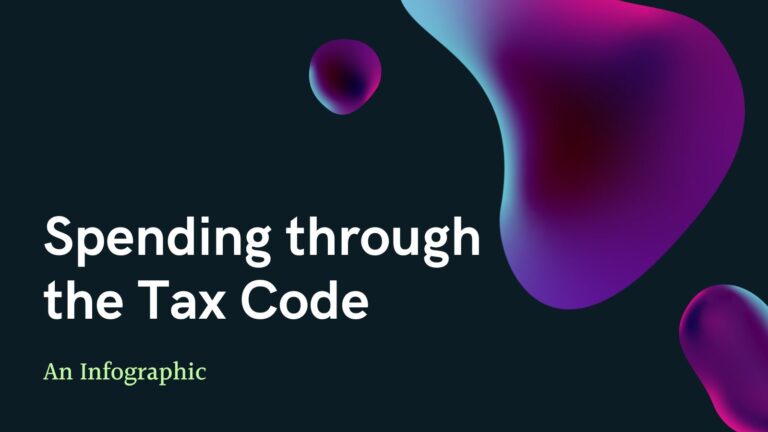

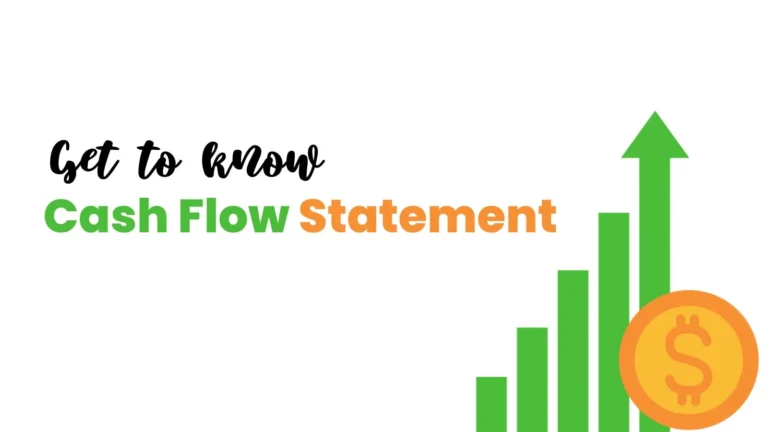
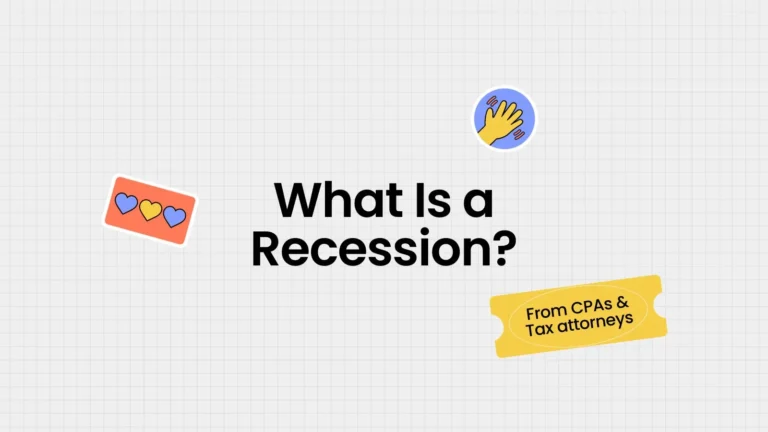
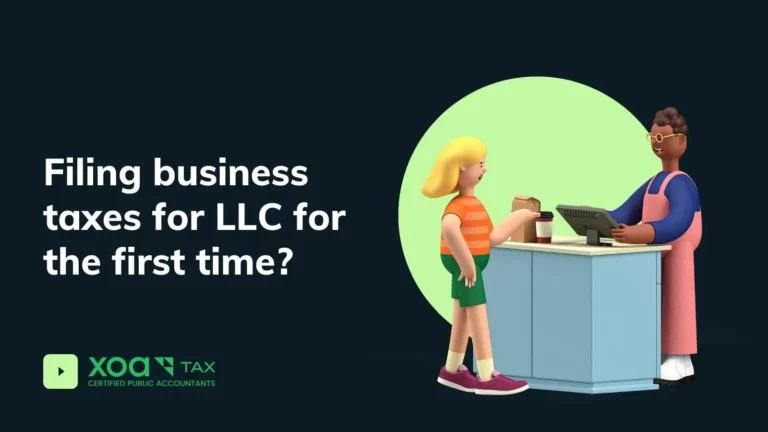
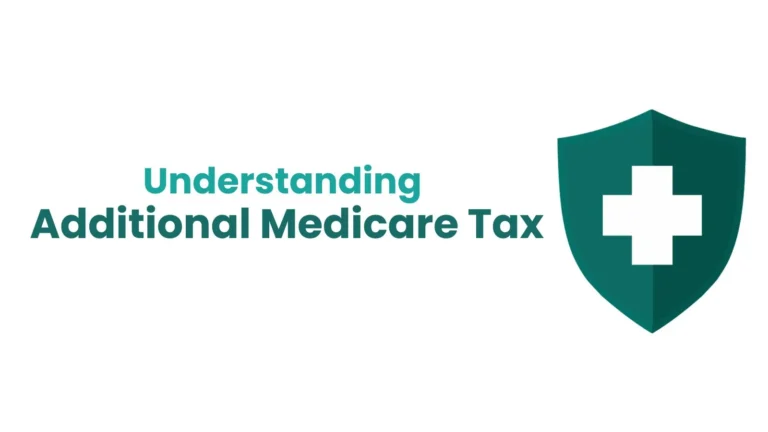
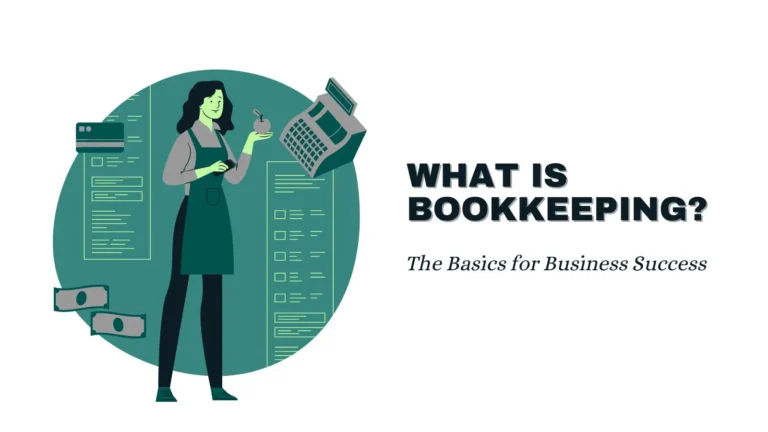
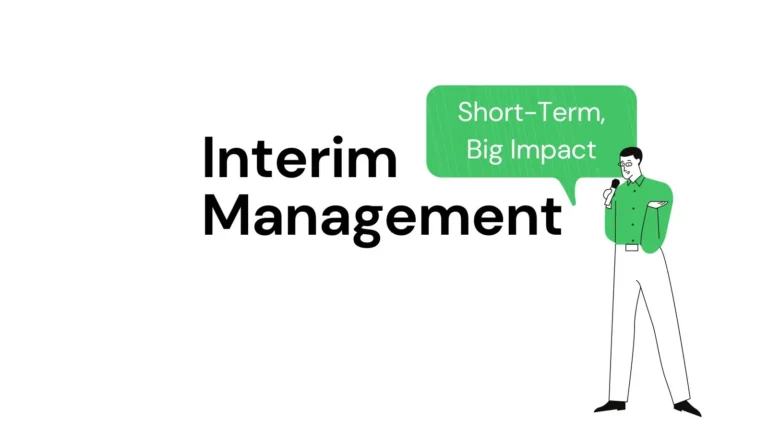

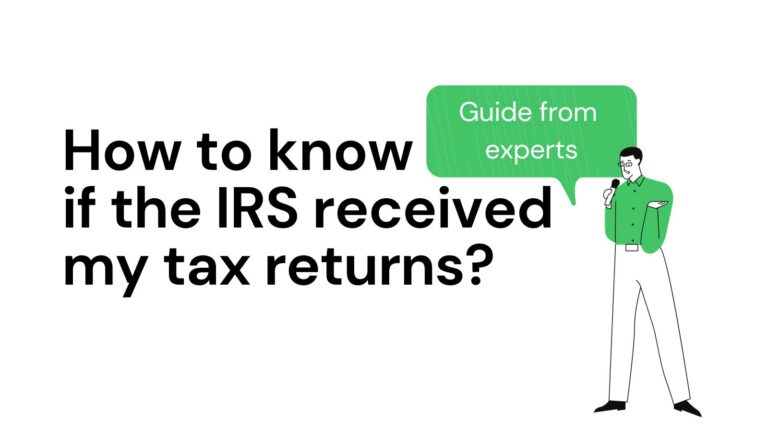
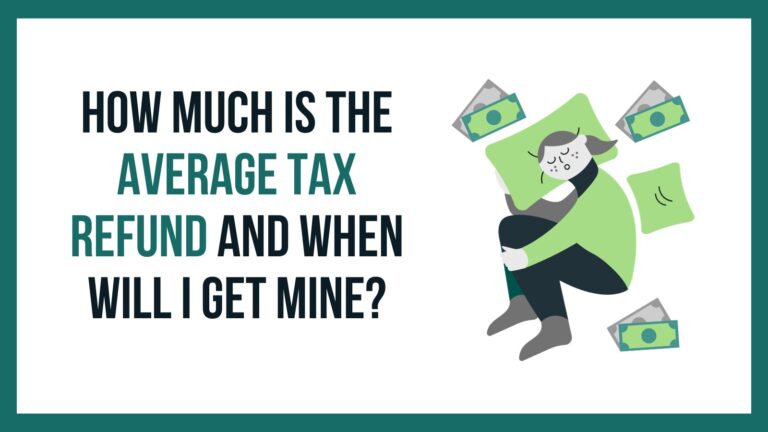
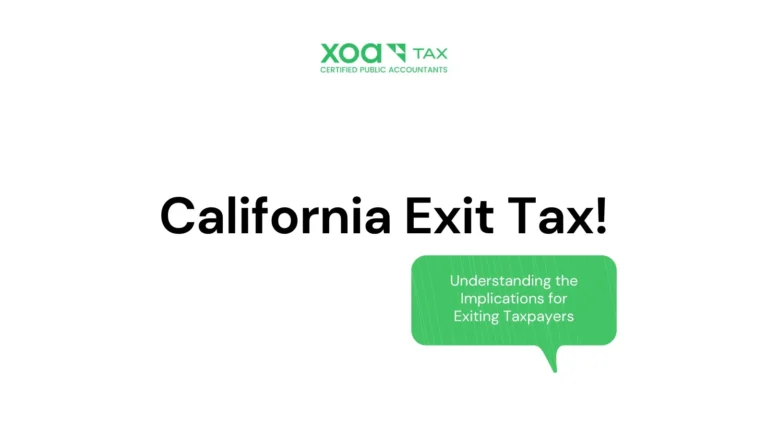
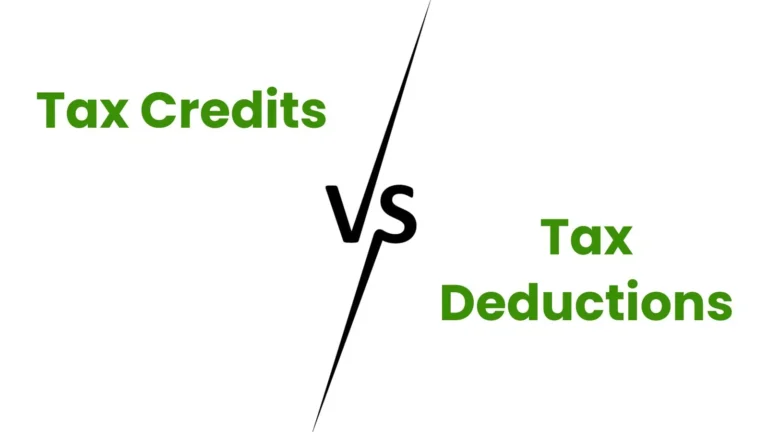
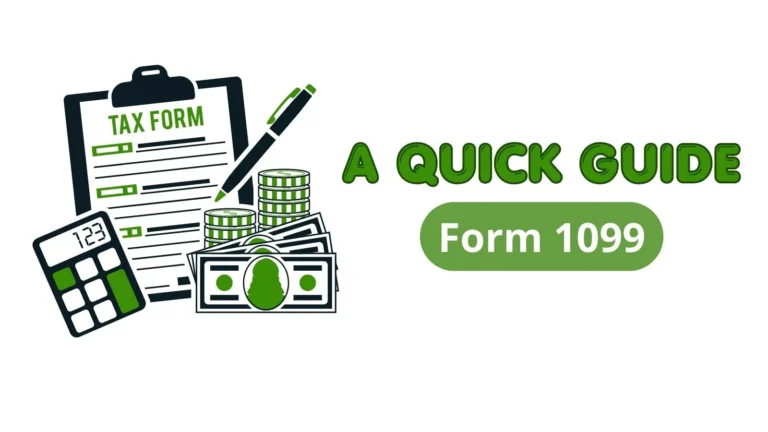
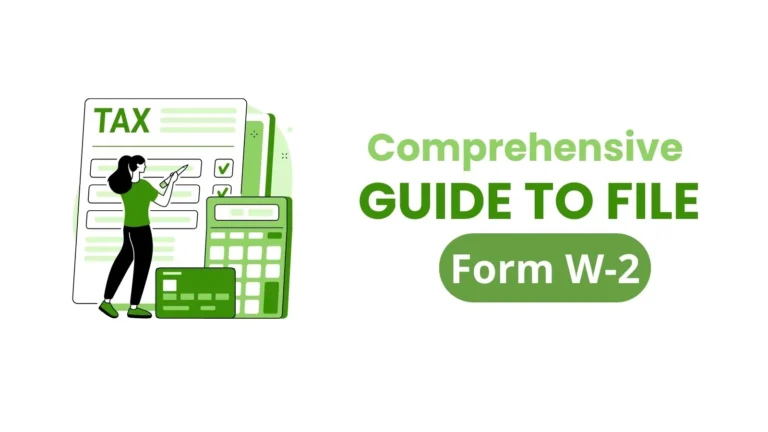
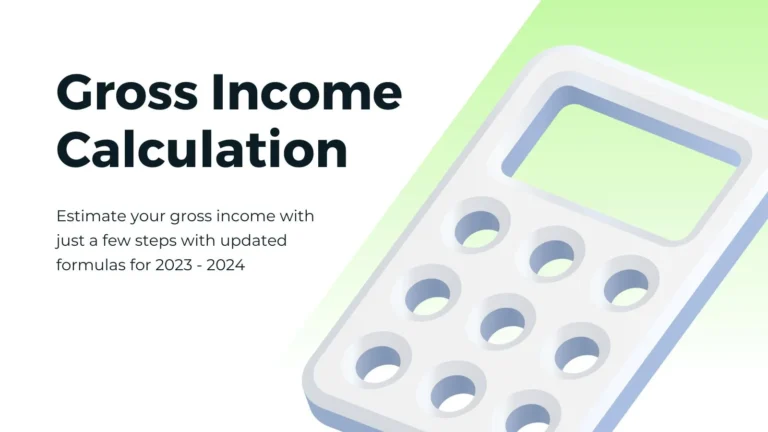
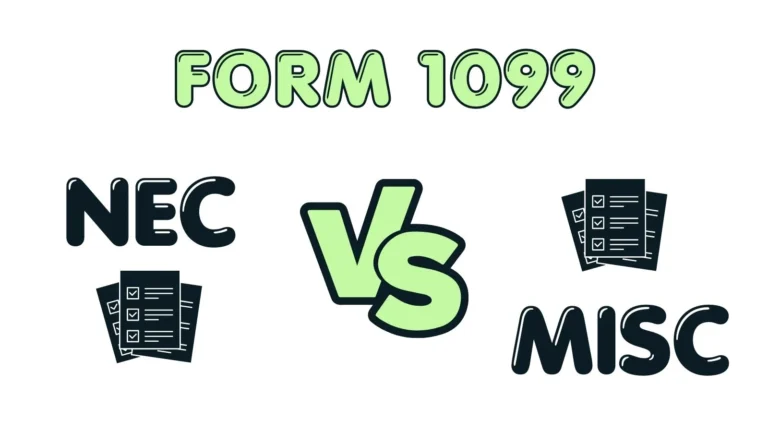


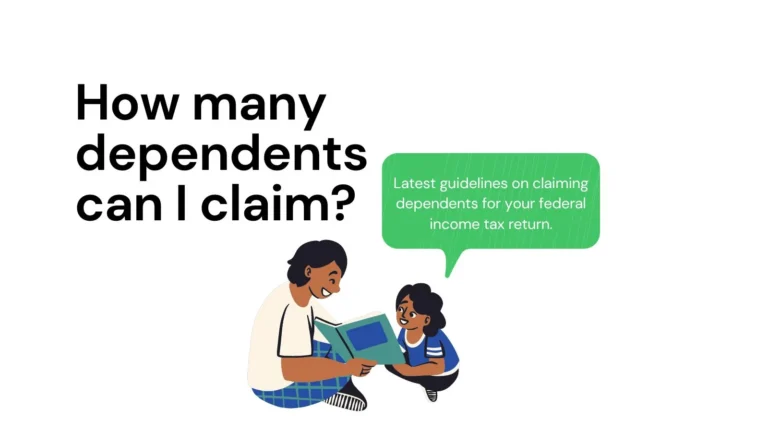
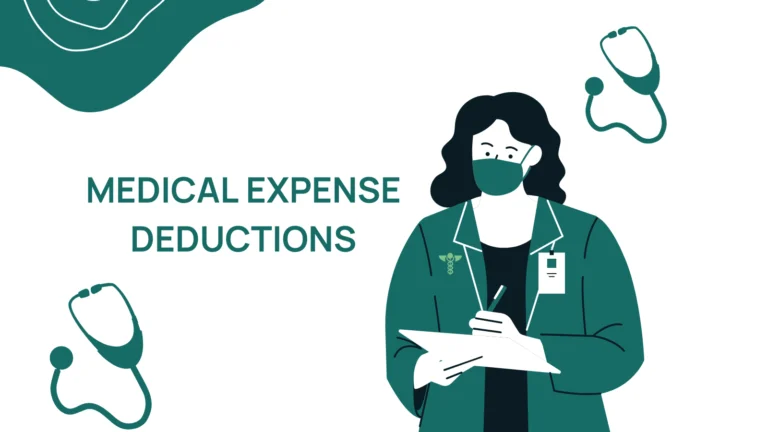
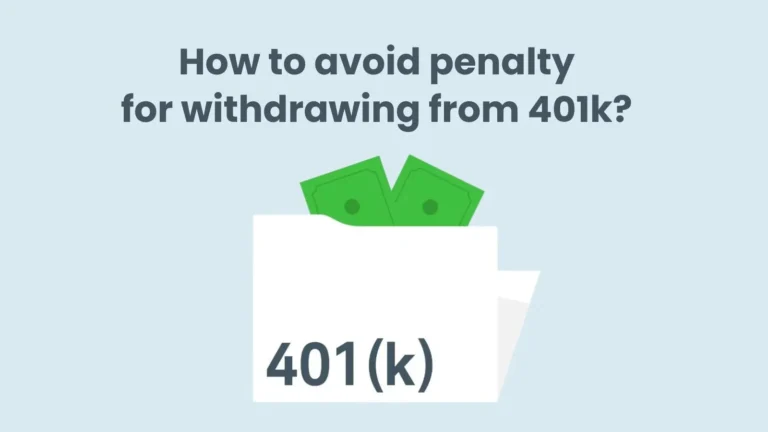
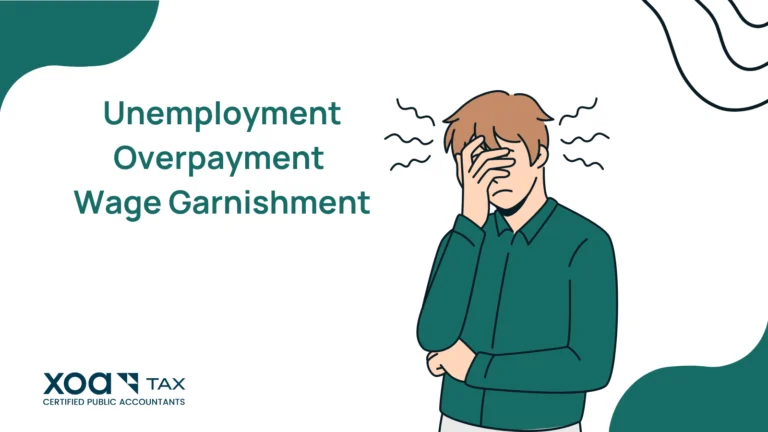
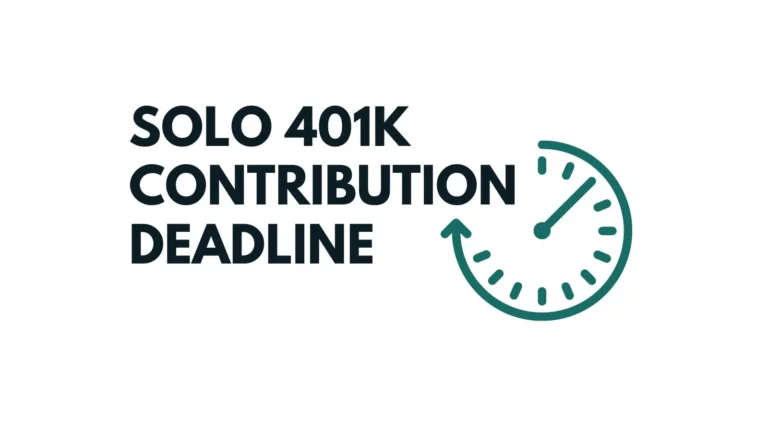

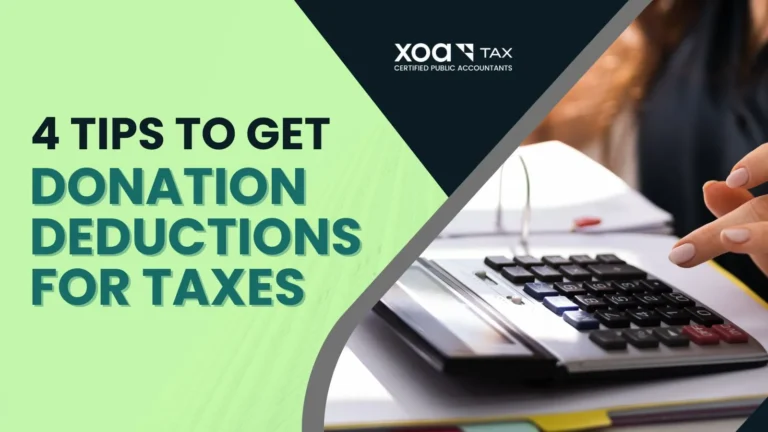



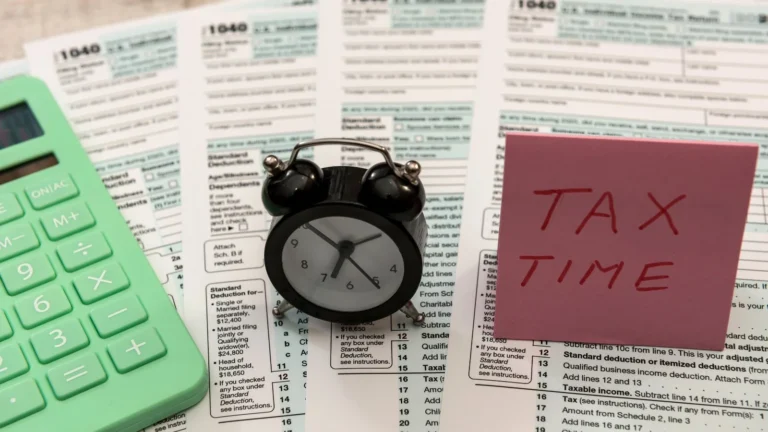
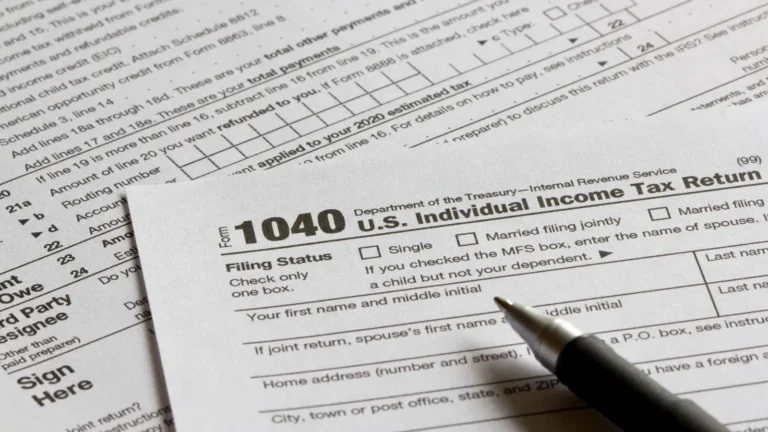
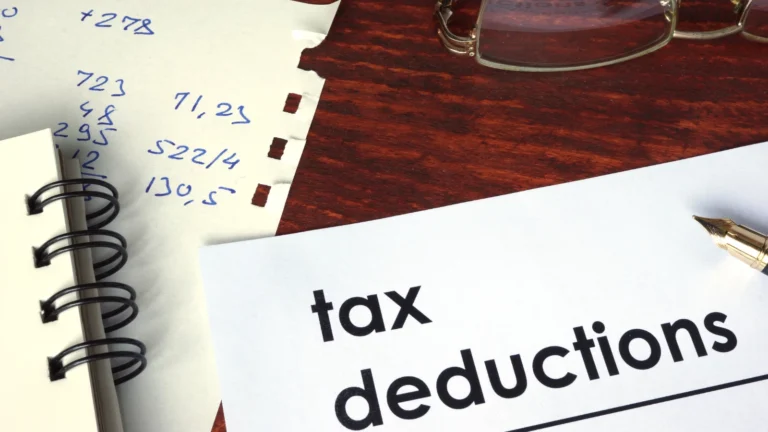




 anywhere
anywhere  anytime
anytime